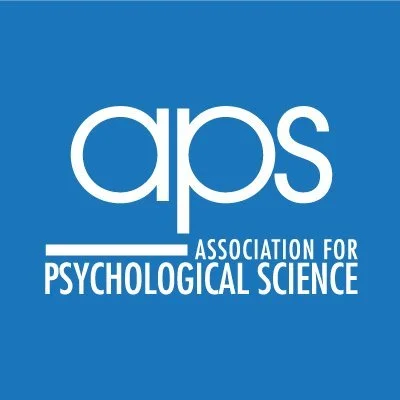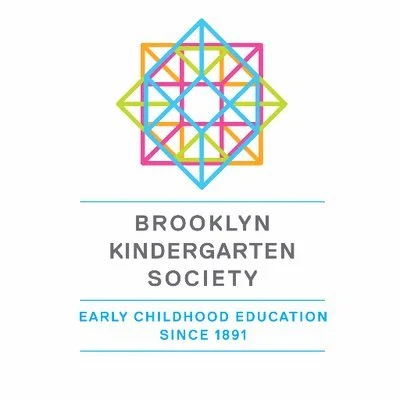HTKS-Kids: A tablet-based measure of self-regulation to equitably assess preschoolers
By Cameron, C. E., Starke, K. S., McClelland, M. M., & Kwan, T.
Published January 11, 2024
Executive Summary
Researchers developed and pilot-tested a game-based executive functioning task within Cognitive ToyBox, called HTKS-Kids, of the HTKS behavioral self-regulation assessment. Children (n=74) played HTKS-Kids with their teachers at preschool, completed the HTKS individually with researchers; teachers also rated children on classroom self-regulation. Researchers found race-based differences in teacher ratings, but not HTKS-Kids or HTKS.
Other Research
-
![]()
Using Cognitive ToyBox at Home during Covid-19 School Closures
Los Angeles Unified School District
-
![]()
Technology-Based Tools Enable Greater Collaboration Between Head Start and Public Schools
The City of Chattanooga's Office of Early Learning
-
![]()
Measuring school readiness through games: reliability, validity and outcomes
Head Start Program
-
![]()
CTB: Data-Based Assessment Tool to Accelerate Progress in Early Childhood Literacy
Davie County School System
-
![]()
HTKS-Kids: A tablet-based measure of self-regulation to equitably assess preschoolers
Association for Psychological Science
-
![]()
Supporting family child care providers and networks with Cognitive ToyBox
Avance
-
![]()
Implementing Cognitive ToyBox in Louisiana Center-Based Pre-K Settings
Louisiana DOE
-
![]()
CTB Alongside a Traditional Approach to Assessment in the Early Classroom
WestEd
-
![]()
The role of developmental change and linguistics in the mutual exclusivity effect
Cognition Journal
-
![]()
Cognitive ToyBox Subject Matter Expert Review
WestEd
-
![]()
The Promise of Game-Based Assessment in Early Childhood Education
Brooklyn Kindergarten Society
-
![]()
Week-long practice matching 2D objects improves 3D shape bias and vocabulary growth
Cognitive Science Society
-
![]()
Hudson Guild Case Study
Hudson Guild













